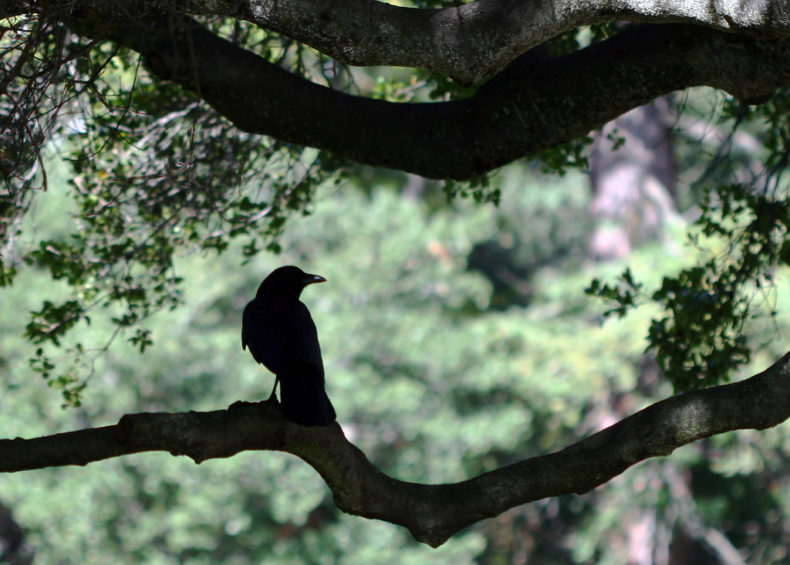Guest Rebecca Boyle had been studying up, anticipating the eclipse for months. On the day of, she suddenly thinks, “What if it turns out to be boring?” She needn’t have worried.
(And this might be the place to add: an older astronomer who’s seen everything the sky has to offer, chased totality, and told me he’s never in is life seen or felt anything like it, it awed him.)
Alan Alda, true geek, suggests that anybody trying to communicate might want to think less about what they have to say and more about what the reader/audience needs to hear. He gives examples. Count Michelle in.
Jenny went to the Galapagos, fell in love with the marine iguanas, agreed to overlook their egregious faults. They didn’t care, they certainly didn’t return the love.
Helen and Ann, who agree about most things including Wuthering Heights (how can anybody stand those people?), disagree fundamentally about the moors. Between them, they have an n of 3 — so consider that in weighing the argument.
Cameron cleans out her closets, which feels wonderful. She keeps finding silverfish, which are appalling. She tries finding an upside to them, which doesn’t work.
Have a wonderful weekend, everybody, free from all natural and human disasters.
________
Saturn real-color photo, taken by the now-burnt-up Cassini: no posts related to this, it’s just so very extremely awesomely beautiful –

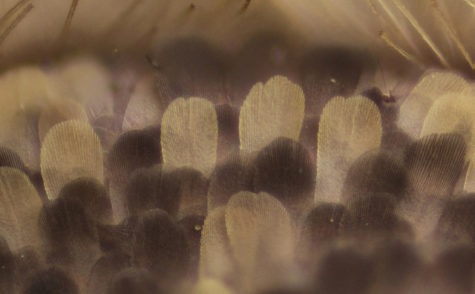
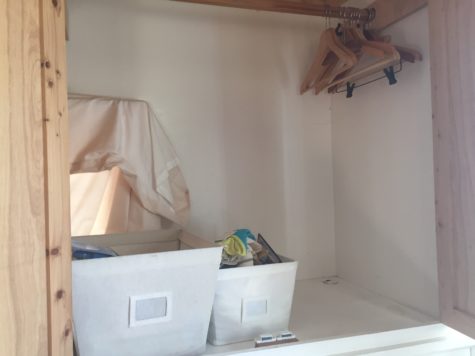
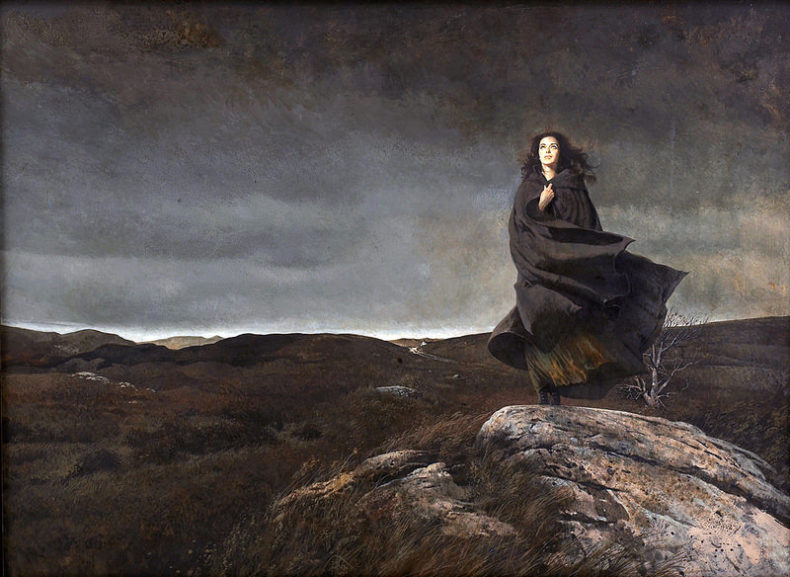
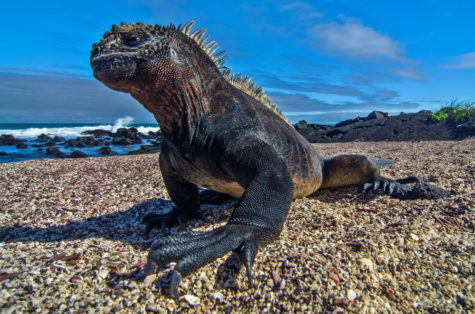 So, summer is coming to an end again (damn you, ephemeral summer!) and I’ve been thinking about past summers’ best adventures. For me, a best adventure is always going to include wild animals. In this case, it was the funny-faced marine iguanas I met in the Galapagos. They didn’t give a shit about me, but I fell hard for them. My one-sided love story, from last August, is reprinted below.
So, summer is coming to an end again (damn you, ephemeral summer!) and I’ve been thinking about past summers’ best adventures. For me, a best adventure is always going to include wild animals. In this case, it was the funny-faced marine iguanas I met in the Galapagos. They didn’t give a shit about me, but I fell hard for them. My one-sided love story, from last August, is reprinted below.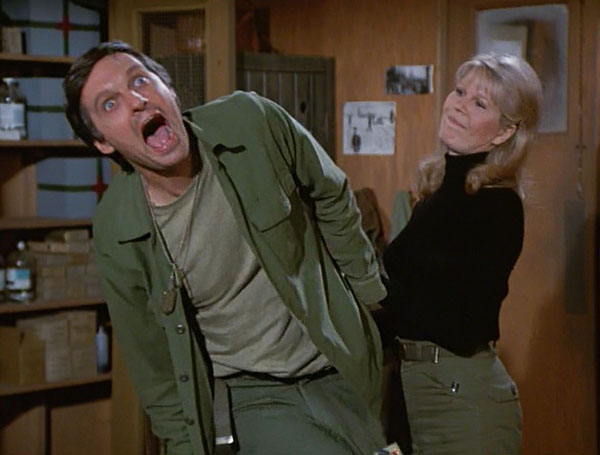
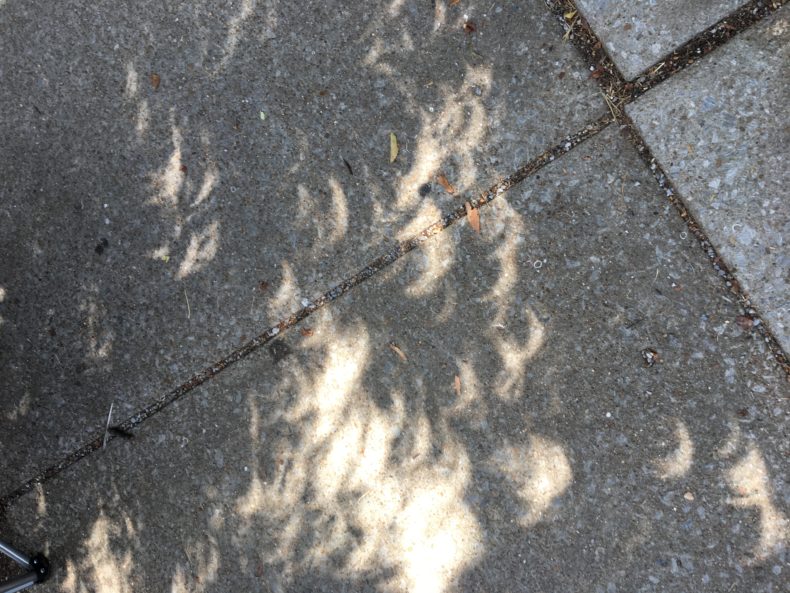
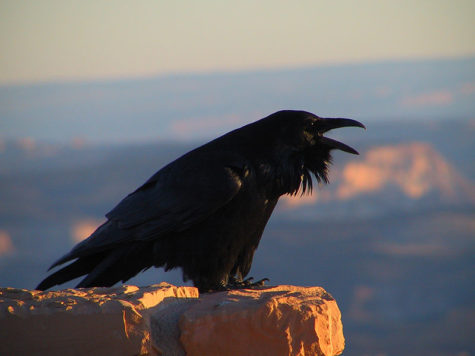 Well, folks, we’ve just completed Corvid Redux Week, and you know what that means. Or maybe you don’t. It means we had a whole week of posts about the antics of some noisy and spooky looking but truly amazing birds. Our offerings went like this:
Well, folks, we’ve just completed Corvid Redux Week, and you know what that means. Or maybe you don’t. It means we had a whole week of posts about the antics of some noisy and spooky looking but truly amazing birds. Our offerings went like this: